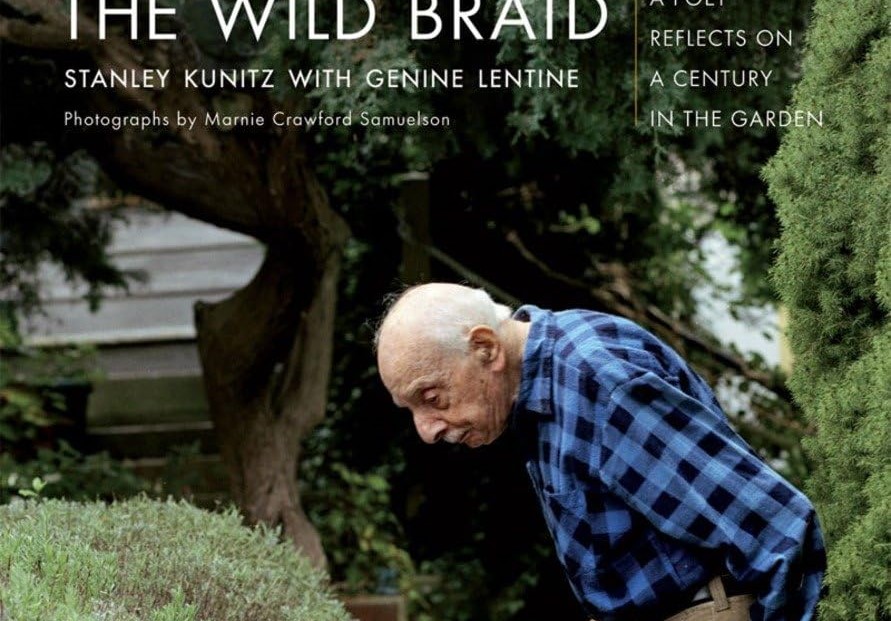
Young people have more vivid imaginations—there’s neuroscience on that—sharper memories, and quicker access to information.
Old people know more—not more facts, but more about the nature of the world. They have lived the stories they tell.
Young people care passionately about things that turn out, long after, not to have mattered.
Old people have learned not to care about those things—but you can’t write if you don’t care.
I’ve been a young writer and now I’m an old one (I qualified for the senior discount at Tastee Freeze last week). Sometimes I look back on work I did a quarter century ago and wonder if I could do it now.
But then I think about how hard it was. I write much more easily now, and faster. Did the difficulty of cutting with a dull knife, in those days, carve a more interesting shape? I don’t know, but I can’t go back to that struggle, and if I could, I wouldn’t have the energy for it.
Some writers do their best work, and in a few cases their only work, when they are young. Some writers have only one book in them—just one blazing idea.
Gabriel Garcia Marquez lived a long life and wrote many great books, but he did his most original work in his 30s, climaxing with One Hundred Years of Solitude, published when he was 40. After that, the delirium of his jungle childhood seems to have dissipated. New light diminished the weird shadows of his magical realism.
Now I’ve read One Hundred Years three times, at three different periods of my life. The first time, as a creative writing student in college, I thought it was perfect. Each time since, I’ve seen more flaws. Now I see his later work is closer to perfect—but less interesting.
Some writers retain the imagination and exploratory drive of youth but gain the insight and skill of age. They continue to rage, or at least to strive.
They have seen much more.
Only they can write honestly about aging, and especially of the kind of loss that transforms. Roger Angell published This Old Man at 95. He lets you understand how that change feels.
Stanley Kunitz was 100 when he published The Wild Braid, which explains the nature of creativity and the anticipation of death in ways that almost never leave me.
A writer is just a person trying to say something. The torture of youth—all that confusion, ambition, and fear—is usually spared on the old. But the young enjoy, without knowing it, ignorance of being broken by the losses, regrets, and trauma that come for most of us if we live long enough.
A wise old person learns to absorb those wounds and still be happy. And maybe to still create.
On the far side of life, those writers have a lot to tell us.
If you enjoy my newsletter, please share it.